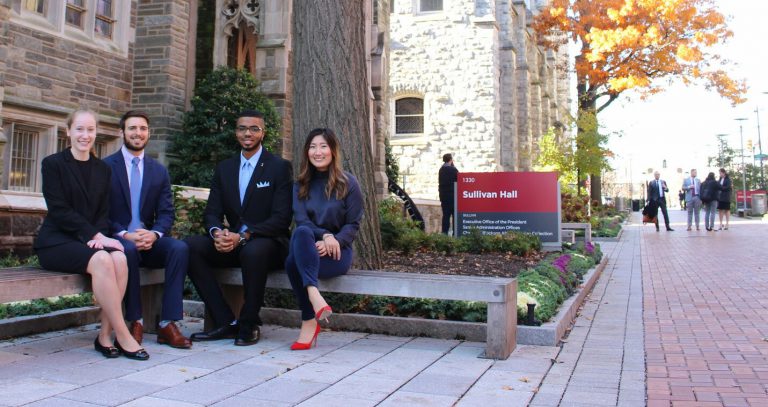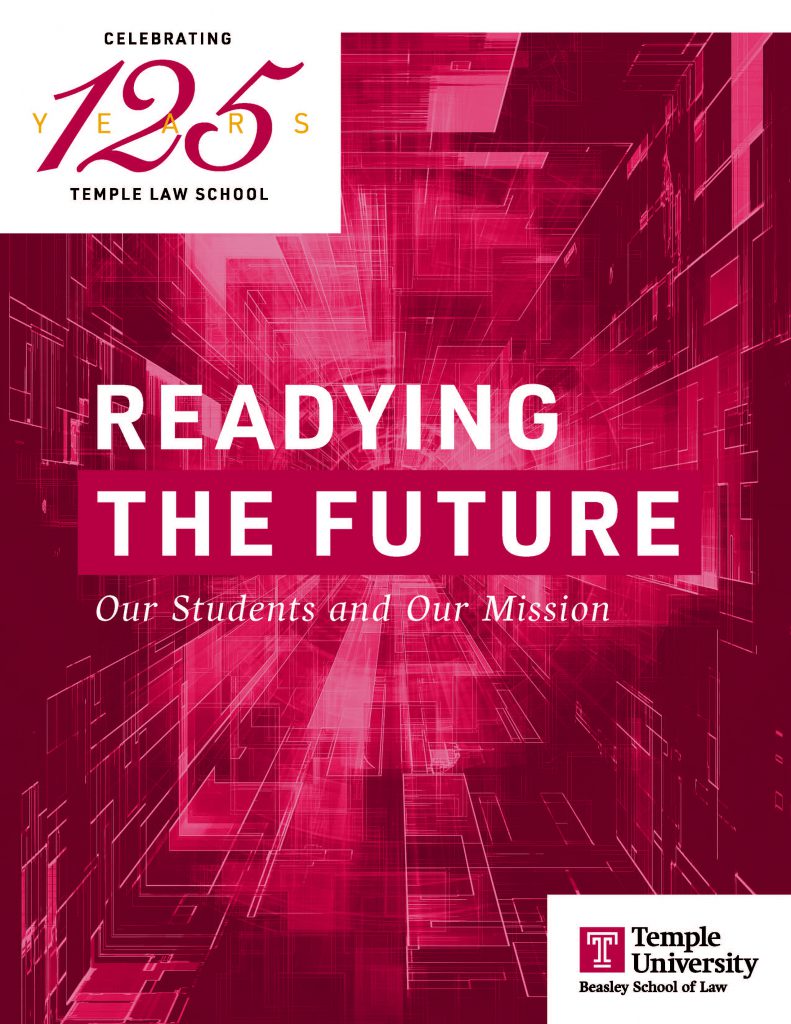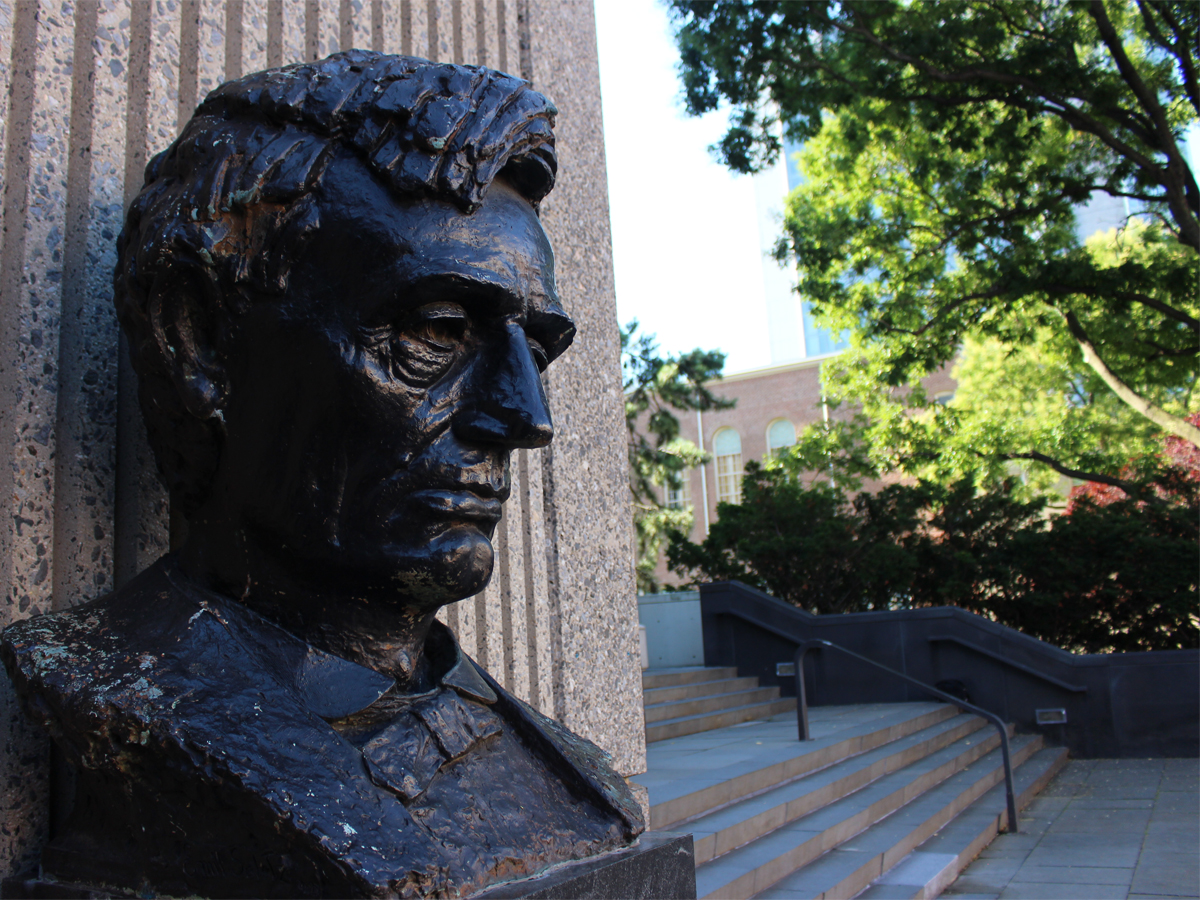
125 Years of Excellence in Legal Education
Since welcoming our first class in 1895, Temple Law School has pursued a vision for legal education that is as inspiring and powerful today as it was back then. Inspiring, because it has created opportunity for generations of talented people to join our profession who would not otherwise have had that chance; powerful, because for 125 years, the graduates of Temple Law School have driven incredible progress in our region, our nation, and our world. At the heart of this vision is the idea that by making a high-quality legal education accessible to people from a wide variety of backgrounds and experiences, we can both strengthen communities and improve the legal profession. It is an idea that continues to bear fruit as Temple grows from our roots on North Broad Street to flourish around the globe.
Throughout the 2020-2021 academic year, Temple Law will be celebrating 125 years of growth and service even as we look forward to the next century and more. The vision that drives us is more vital than ever, in a world that needs Temple Lawyers more than ever. I look forward to celebrating our history, but also to sharing my vision for our future with you at one of the many in-person and on-line events being held throughout the year. Together, we will achieve incredible things – I hope you will join us.

Looking Back Through Our History
Henry Borneman, 24 years old and a member of the Pennsylvania Bar, approaches Temple University Founder Russell Conwell with a proposal: create a Law School at Temple that will conduct classes in the evening for students of modest means.
Conwell agrees, saying “If it is a success, it is your success; if it is a failure, it is your failure,” and Borneman appoints himself Dean. The small program will convene in College Hall – now named Barrack Hall – on the 1800 block of North Broad Street.
The following graduates make up the inaugural Class of 1901:
Frank H. Benham, Charles C. Clark, Oscar A. Craine, Daniel J. Dolan, William H. Doubler, William R. Keller, Peter M. MacLauren, James McMullan, Frank C. Menamin, Charles J. O’Brien, Bernard Pockrass, Charles Wilson Roberts, Alexander L. Rogers, Howard S. Troth, William J. Yorke, Harvey K. Zollinger.

The Temple College Department of Law, as it is now called, moves to the southwest corner of 16th and Sansom Streets, above a shoe repair shop.
In its earliest days, Dean Borneman, who served until 1902, named the school The Philadelphia Law School of the Temple College due to his concern that Temple might go under. In this eventuality, he would have simply dropped the “Temple College” appended at the end of the name and carried on as The Philadelphia Law School.

Temple University School of Law graduates 34 students. Enrollment grows to 200, and this year includes the first two women admitted to the law school, the same year that women are granted suffrage in the United States.

The School of Law moves to 1521 Locust Street, where it shares a building with the School of Music.
The day division opens, offering a fully accredited three-year program, in addition to the law school’s original evening division’s four-year program.

Temple Law School is admitted to membership in the Association of American Law Schools (AALS).
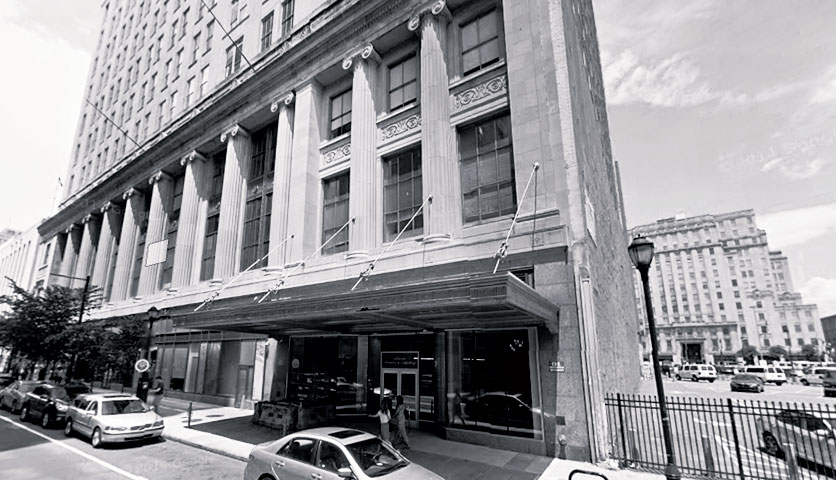
Temple Law School moves to the 13th floor of the Gimbels Building at 9th and Chestnut Streets.
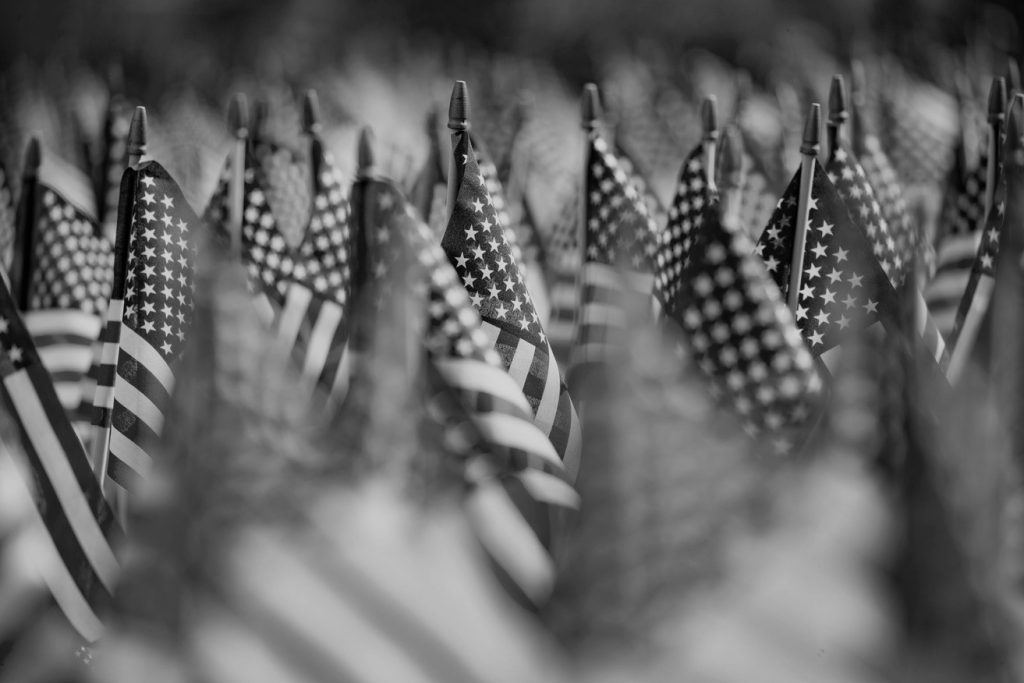
With World War II underway, enrollment in the law school dips to seventy students.

The Lucas Hirst Law Library is endowed to the Law School, a gift of 20,000 books and a library endowment of $63,000.

Temple Law School makes another move, this time to the building formerly housing Congregation Keneseth Israel, renamed Reber Hall, on the 1700 block of North Broad, just one block south of College Hall, where the Law School’s first classes were held. Temple is one of the first institutions with an in-house legal aid clinic: the Philadelphia Legal Society.
African American enrollment goes from six the previous year to 26 when Temple begins to actively recruit African American students.
In Philadelphia at the time, there was only one Black lawyer for every 6,000 Black citizens, as opposed to one white lawyer for every 425 white citizens.
Temple Law School students are the first in Pennsylvania to appear in lower courts on behalf of low-income clients.
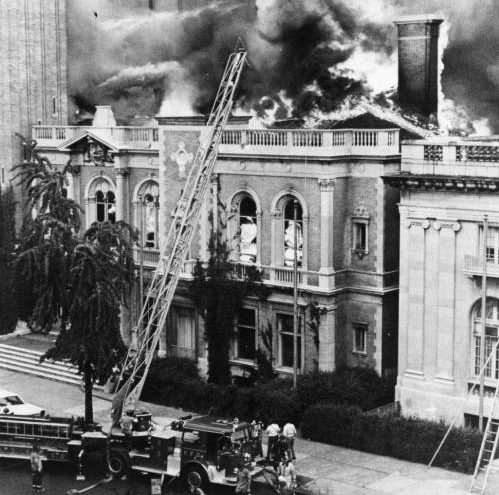
Students, staff, and maintenance personnel save as many books as possible until the danger grows too great and the fire department orders them to stop.
Damage was estimated at 150,000 books and approximately $5 million.
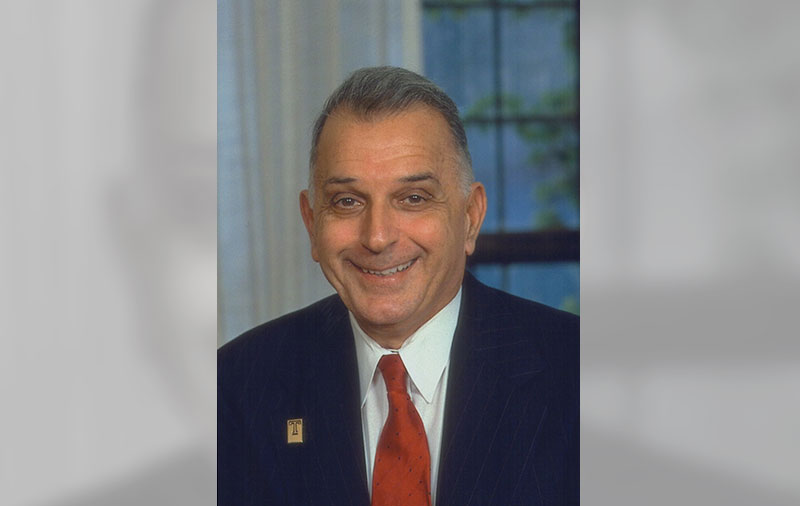
Born in Philadelphia, Liacouras came to Temple Law School as an assistant professor of law in 1963. He would serve as Dean for ten years, before becoming the President of Temple University, and later chancellor.

After a stopover in Mitten Hall, the Law Library moves to what would, in 1975, be dedicated as the Klein Law Building.
Over the course of the decade, the Law School faculty would more than double.
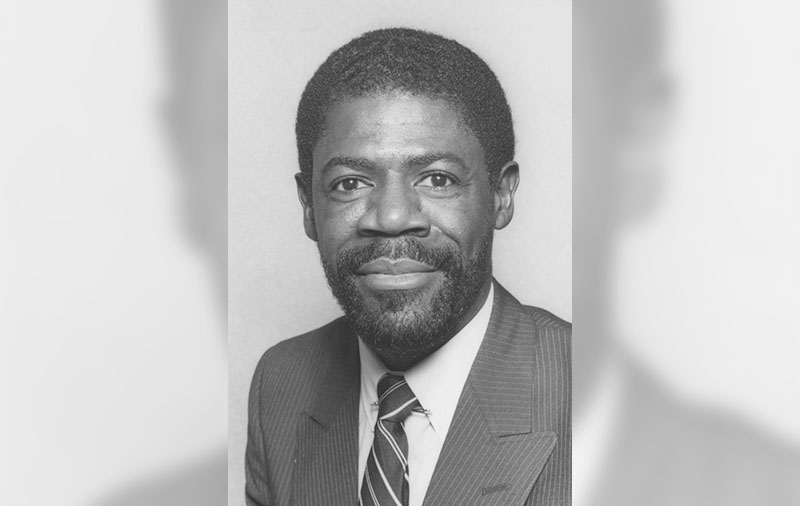
Dean Carl E. Singley ‘72 succeeds Peter J. Liacouras, who has been named President of the University. Singley assumes the Deanship as the first African American.

Pictured here with James E. Beasley, Robert J. Reinstein would serve Temple Law School with a global vision, thoughtful leadership and constant dedication for nearly 40 years, fulfilling administrative, managerial, and academic roles as Vice President of the University, Dean of Temple Law School, and Professor of Law.
With 32 American and three Japanese law students, it’s the first semester abroad program by any American law school in a non-English-speaking country.

In its third trip to the Finals in five years, the Temple Trial Team wins first place in the National Trial Competition in Dallas, Texas. Lukas Reiter ‘95 is voted Best Oralist.

Murray H. Shusterman ‘36 provides a gift enabling the creation of Shusterman Hall, a converted Gothic-style church.

Renaming of Law School in appreciation of Beasley’s gift, the total amount – $20 million, one of the largest ever given to a Law School – becomes public after his death.
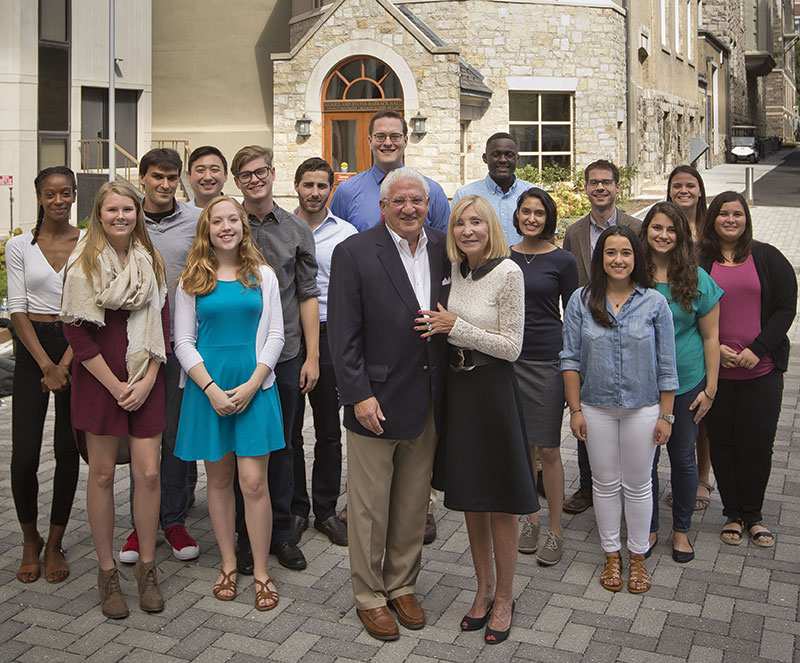
Leonard ’68 and Lynne Barrack’s contribution leads to the renaming of College Hall. Morris and Sylvia Barrack Hall is named after Leonard’s parents, and houses classrooms, meeting spaces, and administrative offices.

During the first year of JoAnne A. Epp’s tenure as Dean of the Law School – the first woman to hold the position – Temple Law School was selected by the Robert Wood Johnson Foundation to house its new $19 million Public Health Law Research Program, devoted to funding research into the influence of law on population health.
Dean Epps became executive vice president and provost of Temple University in 2016.
A hub for social justice inquiry and advocacy, the Center’s faculty, staff, and law students work with the Law School’s other legal clinics and experiential programs, others at the University, community organizations, and external partners to seek justice for disadvantaged populations in Philadelphia and across Pennsylvania.

Dean Epps is succeeded by interim Dean Gregory N. Mandel, the Peter J. Liacouras Chair in Law. Dean Mandel, who joined the Law School faculty in 2007, specializes in intellectual property law, innovation, and the interface among technology and law.
Adding to the existing chairs and professorships, which include the James E. Beasley Professors of Law, the Phyllis W. Beck Chair in Law, the Temple University Laura H. Carnell Chairs, the Jack E. Feinberg ’57 Professor of Litigation, the Clifford Scott Green Chair and Research Fund in Law, the Charles B. Klein Professor in Law and Government, the Harold E. Kohn Chair in Law, the Peter J. Liacouras Professor of Law, the James G. Schmidt Chair in Law, the Murray H. Shusterman Professorship in Transactional and Business Law, the I. Herman Stern Professor of Law for Teaching, the I. Herman Stern Professor of Law for Research, and the Charles R. Weiner Professor of Law.
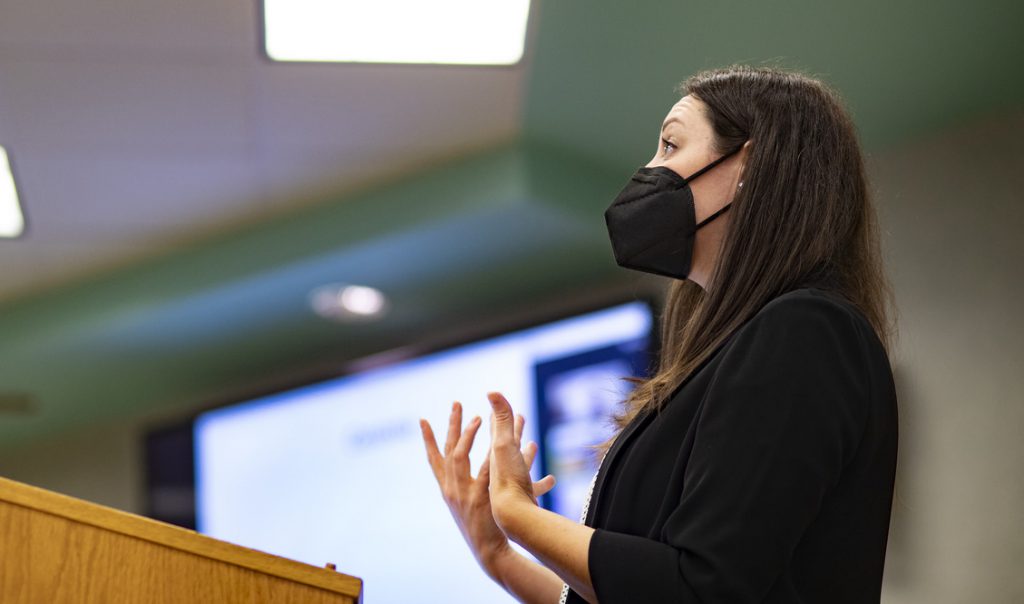
Fully online teaching uses new technology to meet the challenges of the COVID-19 pandemic.
The Temple Trial Team wins 28th regional championship in 30 years.

